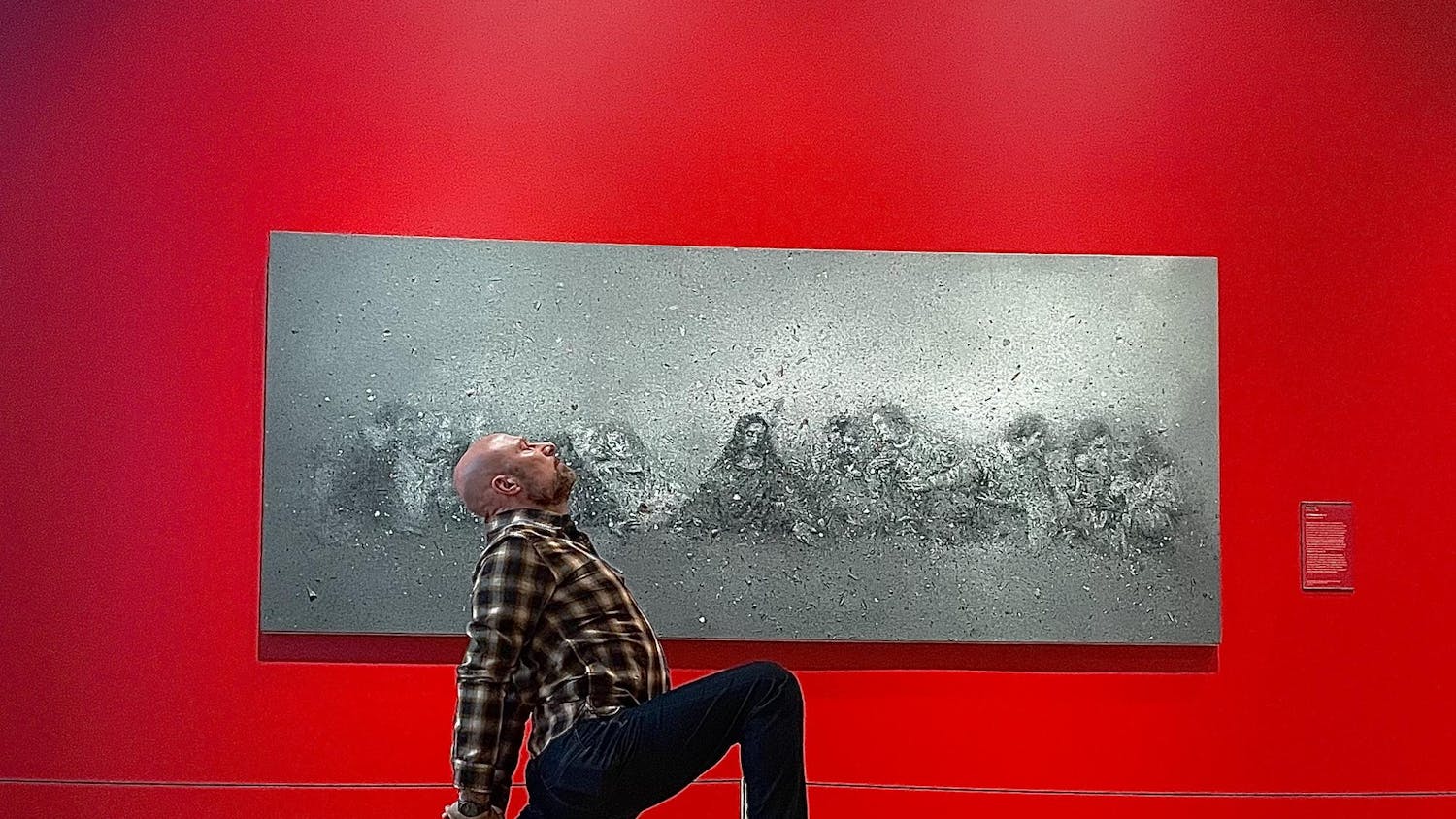Black History Month was established with the intention of dedicating a month to highlight the impactful historical contributions of Black individuals that are often ignored by the whitewashing of American history. While this month is attempting to include and integrate black voices, some individuals like Shukree Hassan Tilghman – a film producer and writer – explains in an article how, “we are invisible for 11 months out of the year, but now suddenly we were visible in February.” There is an ongoing debate on whether Black History Month advocates for the representation or further segregates Black history from American history. As stated by Karsonya Wise Whitehead, an executive director for the Karson Institute for Race, Peace, and Social Justice at Loyola University, “We want Black History to be American History.” To work towards this goal, Hasan Kwame Jeffries – a professor of history at Ohio State University – emphasizes the need for Americans to question the American experience and “the myth of perpetual progress and American exceptionalism” to effectively integrate black history into the common narrative. So, as Black History Month comes to an end, it is important that all Americans continue to educate themselves by recognizing influential black figures that impacted American history.
Each year, the Association for the Study of African American Life and History (ASALH) chooses a theme for Black History Month. This year, the theme was Black resistance. The intention of this theme was to reframe the conversation around Black History Month to one of empowerment rather than victimization. As explained by LaGarrett King, an associate professor of social studies education at the University at Buffalo, this theme emphasizes the “power that Black people have in terms of their historical realities which counters the concept of victimhood that many say drives Black History education.” While some still argue that Black History Month can feel tokenizing, its existence is necessary as it advocates for the integration of Black historical figures into all aspects of history as a means to hold America accountable for the white-washed narrative it perpetuates. A start to making sure influential Black figures are recognized for their contributions to historical movements can start with Women’s History Month and recognizing Black women’s impact and contributions to the progression of the feminist movement.
In March, Women’s History Month celebrates the monumental and significant contributions of women who served as the central leaders to the mainstream feminist movement. However, the feminist movement has a history of marginalizing the voices of Black women through the reluctance to address racialized discrimination women of color face. Essentially, as stated in this article about white feminism, “Black women are still less likely to be associated with the perception and ideals related to the ‘typical woman’ and are viewed as more similar to Black men than to white women.” In other words, Black women are not recognized as equal to white women in the feminist movement because of the racial oppression they experience. Not only does this narrative exclude black women from mainstream feminism, but their significant contributions toward the movement continue to go unrecognized as an essential part of American history and women’s liberation. An example of this is shown through anti-rape activism which was pioneered by black women including but not limited to monumental black feminist leaders like Fannie Barrier Williams and Ida B. Wells. As stated by TIME, Black women’s strategic contributions to anti-rape activism in the 1970s anchored the movement. Regardless, sexual violence against Black women remains under-addressed in the mainstream anti-rape movement. The unseen and unheard contributions of Black women to this movement is only one example of the power white supremacy holds in shifting the narrative of American history by excluding the contributions of people of color.
Mainstream feminism, or often referred to as white feminism, only acknowledges the impact of gender-based oppression without taking into account how other forms of oppression such as racism and homophobia further marginalize women with these identities. Thus, intersectionality, a term coined by Kimberle Crenshaw describes “how race, class, gender and other individual characteristics ‘intersect’ with one another and overlap.” Utilizing an intersectional lens when revisiting American history could encourage individuals to re-educate themselves and question the common white supremacist doctrine that has been promoted to the American public. As explained by Audre Lorde, a lesbian, mother, warrior and poet, “although differences in gender have received all the focus, it is essential that these other differences are also recognized and addressed. That ideology is the root of intersectional feminism as we have come to know it today.” Black history month is essential in recognizing the contributions and essential role Black people played in American history, but this cannot be limited to one month. It is crucial that there is a continuous effort to uplift the legacy, influence and voices of Black figures to advocate for an accurate and inclusive representation of American history.
Grace Sullivan is a first-year at Notre Dame studying global affairs with a minor in gender studies. In her column I.M.P.A.C.T (Intersectionality Makes Political Activist Change Transpire), she is passionate about looking at global social justice issues through an intersectional feminist lens. Outside of The Observer, she enjoys hiking, painting and being a plant mom. She can be reached at at gsulli22@nd.edu.
Black history beyond February
The views expressed in this column are those of the author and not necessarily those of The Observer.









